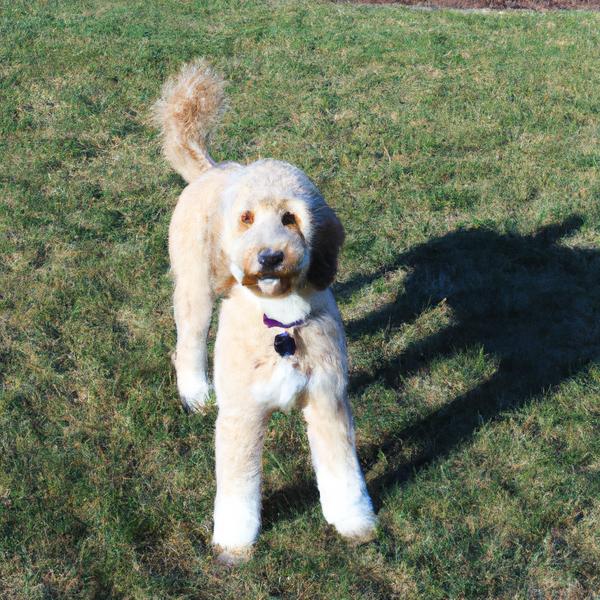Flandoodle vs. Shug: Breed Differences and Similarities
Hypoallergenic
Are Flandoodles or Shugs hypoallergenic, or neither?
While no dogs are truly 100% hypoallergenic, Flandoodles are about as close as it gets, making them an ideal pet if you are an allergy sufferer.
Unfortunately, the Shug is not hypoallergenic, making it not a good choice for a dog lover who suffers from pet allergies.
Temperament
What are the personalities of Flandoodle and Shug dogs?
Active
Protective
Alert
Intelligent
Loyal
Gentle
Trainable
Faithful
Familiar
Rational
Instinctual
Curious
Playful
Alert
Courageous
Intelligent
Confident
Friendly
Affectionate
Obedient
Loyal
Gentle
Going
Watchful
Cheerful
Shedding Level
Do Flandoodles shed more than Shugs, or which breed sheds more, Flandoodles or Shugs?
Flandoodles are low shedding dogs, requiring minimal coat care.
Shugs shed a lot of hair each year, so frequent brushing is essential for reducing shedding and maintaining coat health.
Watchdog Ability
Which dog breed makes a better watchdog, the Flandoodle or Shug?
Flandoodles aren't great guard dogs; they tend to just watch without taking action.
Avoid Shugs as watchdogs - they're not effective.
Ancestry
What are the origins of Flandoodle and Shug breeds?
Poodle, Bouvier des Flandres
German Shepherd, Pug
Breed recognition
Which kennel clubs recognize/register Flandoodle and Shug?
DRA = Dog Registry of America, Inc.
ACHC = American Canine Hybrid Club
DDKC = Designer Dogs Kennel Club
DRA = Dog Registry of America, Inc.
IDCR = International Designer Canine Registry®
Date of Birth
When were Flandoodle and Shug breeds first developed?
1990s
Unknown
Eye Color Possibilites
What are the eye colors of Flandoodle and Shug dogs?
Hazel
Brown
Hazel
Brown
Nose Color Possibilites
What are the natural nose colors of Flandoodle and Shug?
Black
Black
Coat Color Possibilites
What are the natural colors of the coat for Flandoodle and Shug breeds?
Brown
Black
White
Gray
Red
Blue
Black
Brindle
Fawn
Cream
Coat Length
What is the typical coat length for Flandoodle and Shug breeds?
Flandoodles have longer coats compared to most dogs.
Shugs have coats that can be either short or medium in length.
Coat Density
What is the density of the coat of Flandoodle and Shug?
Coat Texture
What is the hair texture of Flandoodle and Shug?
Curly
Wiry
Litter Size
What is the usual litter size for Flandoodle and Shug?
A Flandoodle can have a litter of 5-10 puppies on average. However, it's worth noting that the size of the litters can vary greatly. Factors that can influence litter size include the health of the mother, breeding history, and genetics.
A Shug can have a litter of 6-10 puppies on average. However, it's worth noting that the size of the litters can vary greatly. Factors that can influence litter size include the health of the mother, breeding history, and genetics.
Adaptability
Flandoodle and Shugs are known for their adaptability and versatility. They are capable of adapting well to a wide range of lifestyle changes and living environments, making them great companions for families and individuals of all lifestyles.
Health Issues
Between Flandoodle and Shug, which breed is more prone to health problems?
While the Flandoodle breed is generally healthy, occasional vet check-ups are still necessary to address any health concerns.
The Shug breed is generally very healthy, requiring minimal vet visits. Still, it's important to keep an eye on their health and seek veterinary care when needed.
Major Concerns
What are the major health concerns for Flandoodle and Shug breeds?
Sebaceous Adenitis
Hip Dysplasia
Gastric Dilation Volvulus
Hip And Elbow Dysplasia
Gastric Dilation Volvulus (GDV) or Bloat
Minor Concerns
What minor health issues should be kept in mind when owning Flandoodle and Shug?
Cataracts
Glaucoma
Megaesophagus
Laryngeal Paralysis
Allergies
Brachycephalic Syndrome
Occasional Tests
What occasional tests are recommended for Flandoodle and Shug breeds?
X-Rays
MRI
CT Scan
Eye Examination
Skin Evaluation
Ultrasound
Urinalysis
Blood Tests
X-Rays
Respiratory Tests
Blood Tests
Full Body Physical Examination especially of the joints
Energy
How do the energy levels of Flandoodles and Shugs compare?
Flandoodles' high energy levels make them unsuitable for a low-key dog, choose accordingly.
Shugs have low energy levels, ideal for a relaxed lifestyle.
Social Needs
Flandoodle vs Shug social needs comparison
Flandoodle and Shug have above average social needs compared to other breeds. They thrive in environments where they have a lot of interaction with humans and other dogs.
Exercise Needed
Flandoodle vs Shug exercise need comparison.
Flandoodles need moderate physical activity and are great for families and active individuals.
Shugs need only a small amount of physical activity, ideal for busy or elderly people or those with limited space.
Sleeping Need
Which of the two sleeps the most/least: Flandoodle or Shug?
Flandoodle and Shug dogs tend to sleep less than some other breeds, but it's still important for them to get adequate sleep in order to maintain good health.
Tendency to Bark
Do Flandoodles or Shugs bark more/less frequently?
Flandoodle dogs are generally less vocal than other breeds and only bark when necessary, such as to alert their owner or communicate.
Shugs bark moderately when necessary and may also bark due to certain triggers like fear, alarm, boredom, greeting, separation anxiety and compulsive barking.
Mouthiness
Mouthiness Comparison: Flandoodle vs Shug?
Roaming urge
Flandoodle vs Labrador: Running away tendency?
Prey Drive
Flandoodle or Shug - which breed has a higher level of prey drive?
Past times
What are some enjoyable activities and ways to keep Flandoodle and Shug entertained?
Fetch, Walking, Hike, Biking, Hiking, Swimming, Tricks, Dog Parks, Cuddling, Training, Tug-of-war
Walks, Walks dog parks, Cuddli, Playing fetch, Tracking, Hide and seek, Walking, Cuddling, Training, Water, Feeding, Tug-of-war, Walk
Activity Level
Which breed has higher energy, Flandoodles or Shugs?
Flandoodles are high-energy dogs. They need mental as well as physical exercise. These dogs require a lot of your involvement and without it they can, and will, become problematic dogs.
Shugs are medium-energy dogs and typically enjoy socializing and playing casual or even sustained games of chase with other dogs. They may also have occasional periods of barking or racing around the house.
Tolerance of being left alone
Walks per Week
How many miles should Flandoodle or Shug walk each week?
There's really no limit to how far you walk your dog as long as they're comfortable. For Flandoodle, it's at least 11 miles / week. Just remember to build distance and stamina gradually over time.
There's really no limit to how far you walk your dog as long as they're comfortable. For Shug, it's at least 9 miles / week. Just remember to build distance and stamina gradually over time.
Activity per Day
Do Flandoodles or Shugs require more exercise?
In general most Flandoodles usually need at least 90 minutes of exercise daily. This can be spread across the day and include all sorts of high-energy activities, like walking, running and playing.
In general most Shugs usually need at least 45 minutes of exercise daily. This can be spread across the day and include all sorts of high-energy activities, like walking, running and playing.
Grooming
Which breed is easier to maintain in terms of grooming, Flandoodles or Shugs?
Flandoodles have high grooming needs, requiring regular trims and professional grooming assistance to keep their coat healthy.
The Shug has low grooming needs and is easy to maintain.
Brushing Frequency
What is the recommended brushing frequency for Flandoodle and Shug dogs?
Ideally, Flandoodle should be brushed at least 2 or 3 times a week (preferably daily) improve shedding.
Shug should be brushed at least once a week. Of course you can give them more frequent brushes if you find that they are still shedding a lot
Brushing Tools
What brushing tools are used for Flandoodles and Shugs?
Pin Brush
Slicker Brush
Nail Clipper
Pin Brush
Nail Clipper
Cups
How much food should be given to Flandoodle or Shug in cups?
For an average 65-85 pound (29 - 39 kg) Flandoodle feed 3 cups daily. But, keep in mind, the amount you feed is going to be dependent on the quality of the food you are feeding.
For an average 45-50 pound (20 - 23 kg) Shug feed 2 cups daily. But, keep in mind, the amount you feed is going to be dependent on the quality of the food you are feeding.
Daily Cost
Which breed has a higher daily cost, Flandoodle or Shug?
The average cost of a Flandoodle is somewhere $2.80 - $4.20 per day.
The average cost of a Shug is somewhere $1.70 - $2.00 per day.
Monthly Cost
Which breed has a higher monthly cost, Flandoodle or Shug?
The average per month expenses of a Flandoodle is between $84 - $126. This makes an average of $1008 - $1512 per year. It will be on the higher side when the dog is still small because it will need more frequent visits to the vet, shots.
The average per month expenses of a Shug is between $48 - $63. This makes an average of $576 - $756 per year. It will be on the higher side when the dog is still small because it will need more frequent visits to the vet, shots.
Intelligence
Comparing Intelligence: Flandoodles vs Shugs
Flandoodle is a very intelligent and trainable breed.
Shug is an independent and stubborn breed with low obedience intelligence, making training a test of patience.
Sensitivity Level
How do Flandoodle and Shug compare in sensitivity?
These breeds are more sensitive than others and easily overwhelmed by new surroundings and people. Flandoodle and Shug need gentle handling and a calm, stable home environment with positive reinforcement training.
Affection Dependance
Which is the more affectionate dog breed: Flandoodle vs Shug?
Apartment Friendly
Which breed is more apartment-friendly: Flandoodle or Shug?
Flandoodles are good apartment dogs as long as they get enough exercise and stimulation outside of the apartment.
The Shug is a great apartment dog, thriving with sufficient exercise and time outside as part of their daily routine.
Child Friendly
Do Flandoodles or Shugs have a friendlier temperament towards children?
The typical characteristics of Flandoodle and Shug indicate that this breed of dog is an ideal companion for kids and makes them family pets. Their gentle and protective nature and calm mentality make them gel along quickly with the younger humans.
Senior-friendly
Which dog is more suitable as a pet for the elderly - Flandoodle or Shug?
Cat Friendly
Do Flandoodle or Shug breeds have a better compatibility with cats?
Flandoodles and Shugs are one of the best dogs for cats. They accept cats readily as part of the family. However, this dog breed should be trained to not chase after the kitty early on
Dog Friendly
Which breed is more sociable with other dogs: Flandoodle or Shug?
Flandoodles and Shugs are friendly, active and loyal companions. They generally love to be around other dogs, making them a good family pet for some.
Pet friendly
How do Flandoodle or Shug dogs interact with other pets?
Stranger Friendly
Which breed is more friendly with strangers: Flandoodle or Shug?
Flandoodles are averagely friendly around strangers but benefit from early socialisation.
Shugs are highly friendly around strangers.
Playfulness
Which breed is more playful between Flandoodle and Shug?
Flandoodles are a playful breed that needs daily playtime to be happy.
Shugs have an average level of playfulness, enjoying playtime like most dogs but not excessively so.
Trainability
How do the trainability levels of Flandoodles and Shugs compare?
Flandoodles are popular for their ease of training and quick learning ability.
Shugs are usually easy to train but require consistency to fully obey commands.
Compare Flandoodle with other breeds
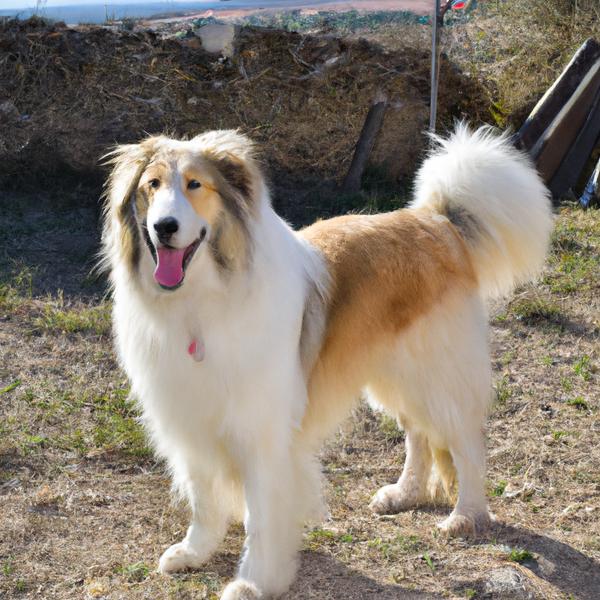
Collie Pyrenees
Flandoodle vs Collie Pyrenees
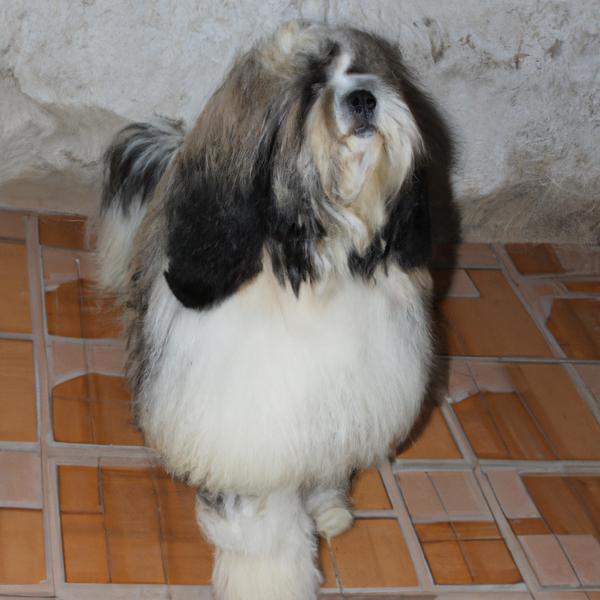
Havachin
Flandoodle vs Havachin

Mini Ratzer
Flandoodle vs Mini Ratzer
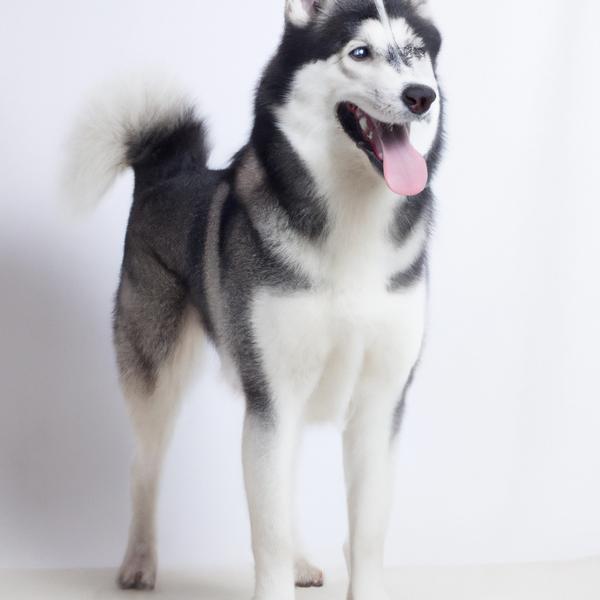
Husker
Flandoodle vs Husker
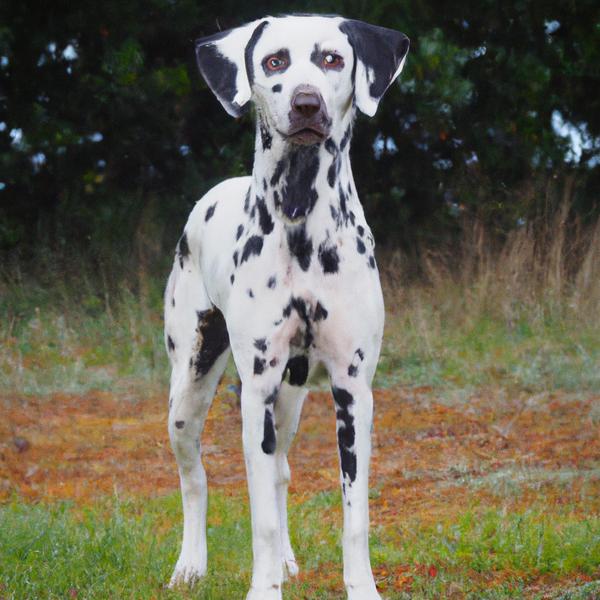
Dalmador
Flandoodle vs Dalmador
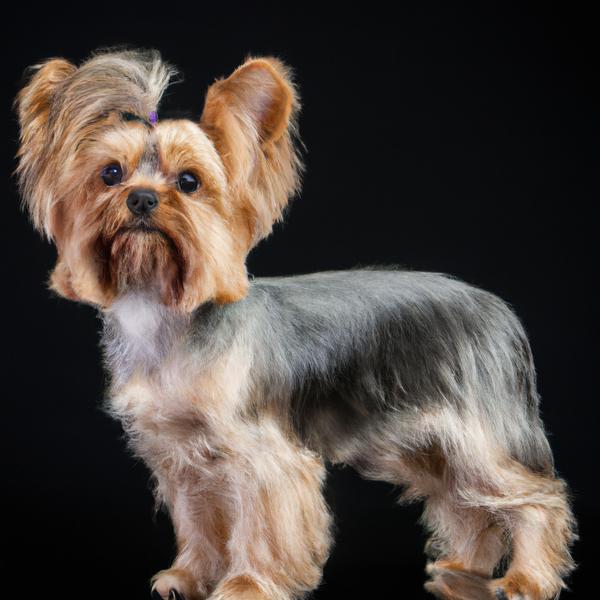
Miniboz
Flandoodle vs Miniboz
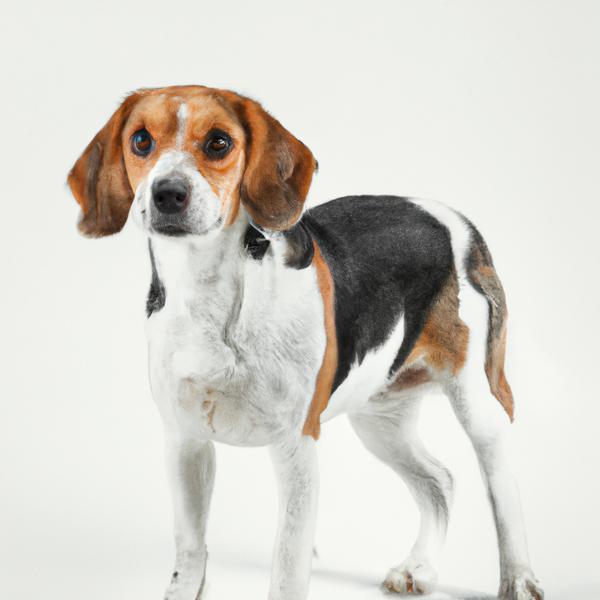
Border Beagle
Flandoodle vs Border Beagle
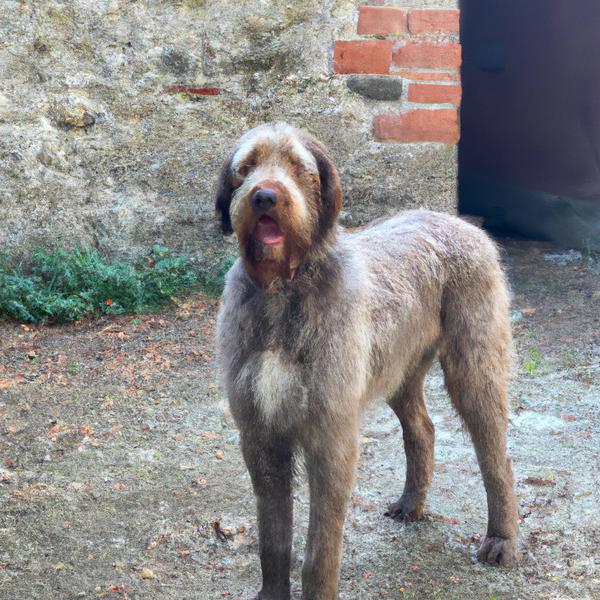
Spinone Italiano
Flandoodle vs Spinone Italiano
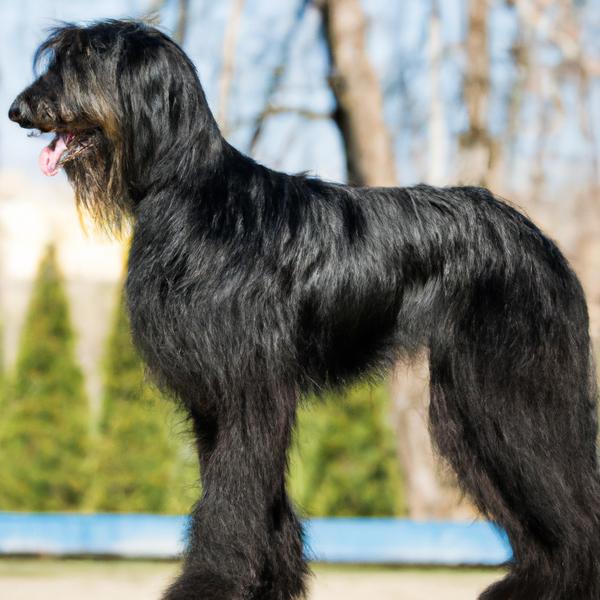
Black Russian Wolfhound Terrier
Flandoodle vs Black Russian Wolfhound Terrier

English Toy Griffon
Flandoodle vs English Toy Griffon
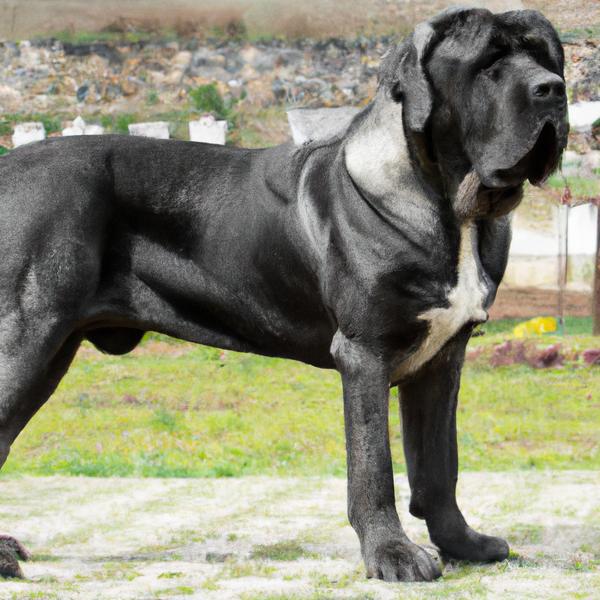
English Mastahoula
Flandoodle vs English Mastahoula
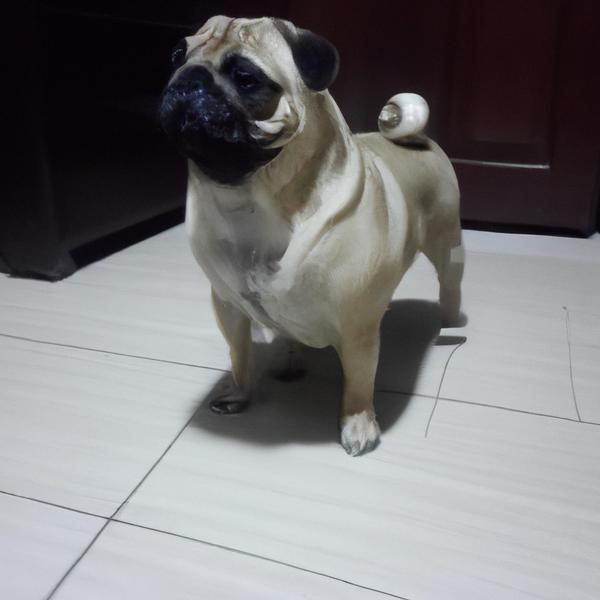
Shug
Flandoodle vs Shug
